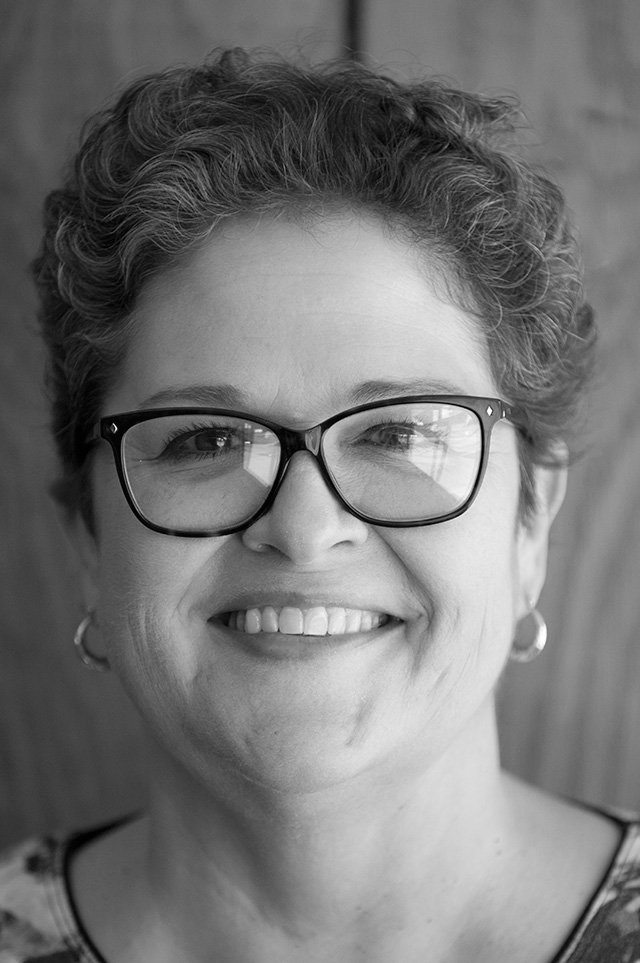I don’t mean to go all cranky-old-woman, but this has been on my mind lately. What does anyone in this town — like most others — do when they need small appliances or furniture repaired? Throw the appliances and furniture away and buy new? That seems to be the solution to more problems by the minute. Remember when you could take that electric can opener a few streets away to a guy named “Red” who had a small shop and could fix it in five minutes?
What would happen if every student out of every high school went straight to college and studied until they graduated — which seems to be the goal these days — and went into the job force as a white collar worker? Who would repair our lawn mowers or small appliances or do desperately needed welding jobs? Who would rewire our houses or take care of our plumbing problems? For that matter, who would build our houses in the first place?
It seems to me that high schools across the country are ignoring the fact that the need for people to fill vocational-technical jobs is increasing all the time. I’ve read in several places lately — and heard from people in it — that the construction industry is in crisis because there aren’t enough workers to fill their needs.
Of course, college study is a wonderful thing for students, but not all students; it should be acknowledged that high school grads who go into vocational-technical jobs are just as valuable and vital as college grads. Students need exposure to vo-tech training beginning in high school so they may better decide what path they would like to follow afterward. We need for them to have those programs available to them.
Thank goodness Magnolia High School students have an opportunity with SAU Tech to begin learning welding, nursing, and some business applications. More schools should make vo-tech programs available to students who wish to explore those routes. Mentors are needed in construction and other industries to work with young folks who want to learn their trades. Get them young, give them a chance, train them right, and they could rise up to help the work force in whatever sector they’re trained.
There’s a reason most industries avoid small towns to locate in larger cities: They have a larger pool of workers to choose from, workers more likely to have experience in areas that they need. But how are young workers going to gain that experience unless they’re given opportunities to do so?
Years ago, young people often learned to do what their parents or older relatives did by working with them at home or on the job — watching them build, weld, sew, etc. I remember Papaw trying to show my brother how to make plumbing repairs, how to build things, how to weld. My brother wasn’t mostly disinterested. I wish I had insisted that Papaw show me what he knew! At least I did insist that he let me help when he was painting inside or outside the house. I wielded a mean paintbrush before my arms wore out.
Mamaw tried her best to teach me to sew but, try as we both did, I was all thumbs when it came to thread and fabrics and sewing machines. I did learn to cook at her elbow, and she taught me to balance a checkbook, which I appreciate more than I can say. But basic plumbing and building skills are things I wish I’d learned. That wasn’t considered “girl stuff,” though. Shame.
Forty-something years ago, one of my best friends had an older sister who went into the welding trade. She was good at it, but that didn’t keep everyone from thinking it was bizarre. I have no idea how long she kept at it but I do know that she was in demand and never lacked for work — work which paid her well and, perhaps more importantly, work which she enjoyed.
When I visited the welding program in the Harvey Couch Business Park a couple of years ago, I was delighted to find that at least a few of the welders in training were women. One of the instructors told me that day that a female student was one of the best there. So there. Girls can.
Besides building and other trades hurting for workers, there is the crushing, seemingly inescapable debt that many students face upon finishing college — often with few prospects for jobs that pay well enough to cover college loan payments and leave enough for living expenses. Exposure to vo-tech training could broaden their prospects, even if it's just for the short term.
No one should discourage any student from going to college if they’re determined and have the self-discipline to stick it out. But they should be encouraged to go into a field that’s in demand — such as education, healthcare, computer/tech — rather than getting a degree in whatever they like and hoping for the best.
That old lie we were told about big corporations looking for humanities majors because they know how to think? Yeah, I think that one’s dead by now. They want analytics managers, data scientists, engagement managers, and solutions architects. Whatever those are.

